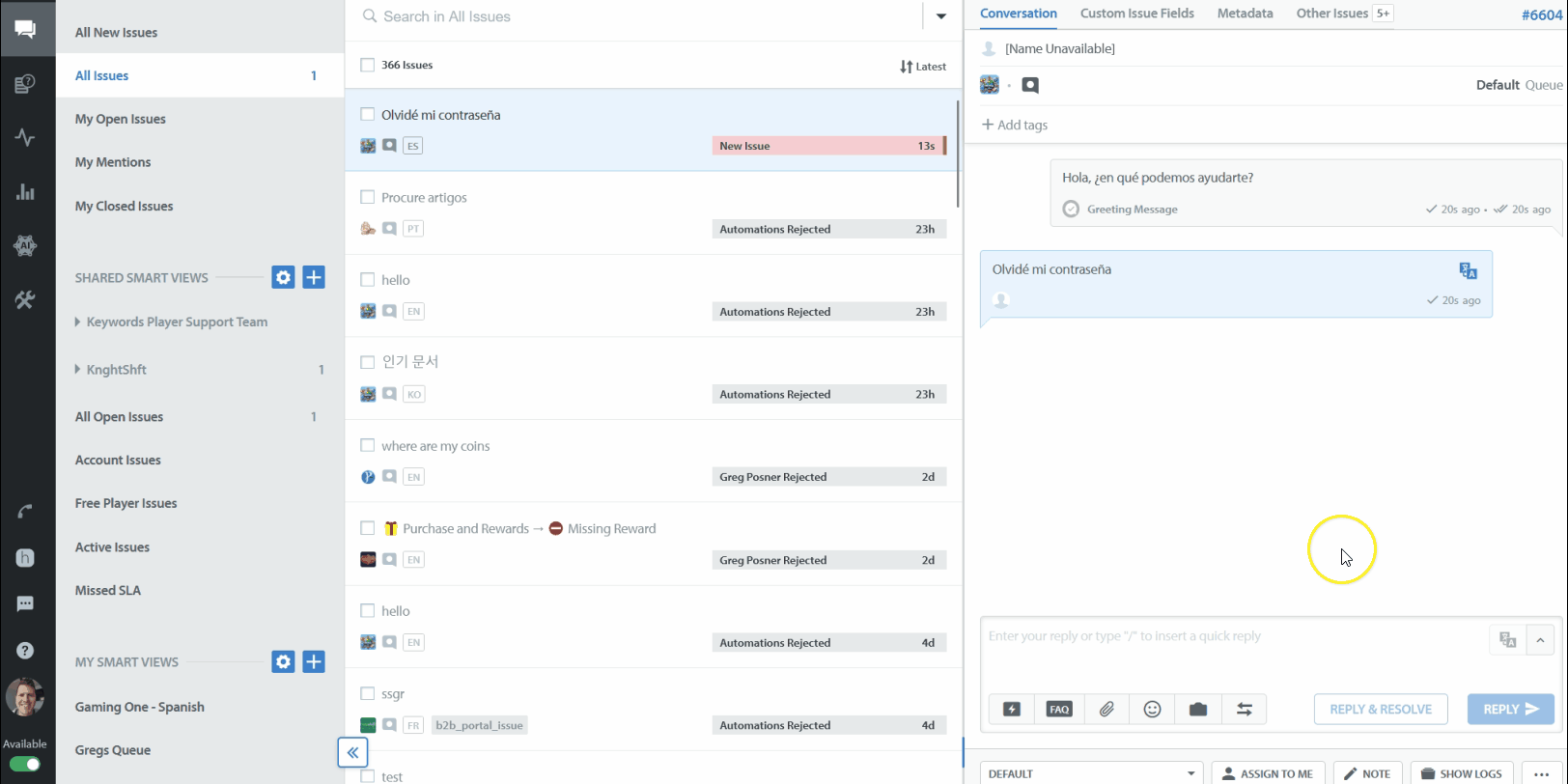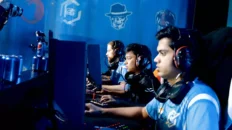Introduction to a New Era of Global Gaming
The secret sauce to stand out in today’s gaming world? It’s all about creating an unforgettable player experience. Here we are in 2024, seeing that games aren’t just games anymore; they’re gateways to vibrant worlds that keep players coming back for more. And guess what? It’s not just the big-name studios in the spotlight. Smaller studios and indie games, like Helldivers 2, have shown they can captivate audiences and make a significant impact. This trend underscores the importance of focusing on what players value most: engaging and unique experiences.

Creating exceptional experiences across all aspects of a game is no longer just an option, it’s a necessity for capturing and retaining a global audience. When we look at the gaming industry’s revenues and player bases, it’s evident that the appetite for gaming is universal. From the United States, which boasts $46.4 billion in revenue and 209.8 million players, to emerging markets like Brazil, with a considerable 102.6 million players generating $2.6 billion, the potential for growth is immense. Players worldwide are seeking quality experiences, and their engagement translates directly into revenue. To ignore these figures is to overlook significant opportunities.
This global reach is why a worldwide launch strategy is so crucial. Companies that don’t consider this are leaving money on the table. With the array of language AI tools now available, launching a game across multiple markets simultaneously is more feasible than ever. These tools allow customer support teams to bridge language gaps without the need to hire multilingual staff for each market, a game-changer for expanding reach without proportional increases in support costs. By enabling players from South Korea to Germany, and Canada to Italy, to receive support in their native languages, companies not only stand to boost their revenues but also solidify their presence on the world stage. Not to mention the immeasurable benefit of building a truly global community around a game, fostering loyalty and a shared sense of identity among players from diverse backgrounds.
To effectively tap into the full potential of these diverse markets, it’s crucial that communication with players is not just translated but localized with precision. Aislinn’s insights shed light on this need for high-quality localization. She points to the pitfalls of using common tools like Google Translate, recounting an instance where “idle game” was mistakenly turned into “neglected game” in Japanese. It’s missteps like these that can lead to misunderstandings, potentially alienating players and tarnishing a brand’s reputation.
Introducing Language AI for Enhanced Global Support
Enter Language AI, Helpshift’s bespoke solution tailored for gaming companies. Unlike generic translation tools, Language AI is designed to understand the gaming lexicon and the cultural nuances of each market. Its integration into the gaming platform ensures that player data is handled securely, never crossing into the realm of unsecured networks where it could be compromised. This level of integration and specialized functionality makes Language AI not just the smart choice, but the secure one. For agents, Language AI is the tool that enables them to communicate with confidence, knowing that they’re providing players with a reliable, culturally aware support experience. It’s this common-sense solution that can elevate a global launch from being merely international to truly world-class.

Language AI represents more than just a tool; it’s a quality-of-life upgrade built right into the platform they use daily. With everything integrated, agents don’t have to juggle between applications or taking extra steps to translate content. This streamlined workflow leads to a tangible improvement in average handling time (AHT), as agents can communicate more efficiently and accurately with players, without the back-and-forth often caused by miscommunication.
Moreover, the integration of Language AI doesn’t just make life easier for agents; it has a direct impact on customer satisfaction. When players receive support that’s swift, secure, and understands their cultural context, their satisfaction naturally climbs. This is reflected in higher Customer Satisfaction (CSAT) scores, an invaluable KPI in measuring the success of any customer support team. Language AI isn’t merely a choice; it’s the kind of upgrade that boosts the entire ecosystem of player support, redefining the standards of customer service in the gaming industry.
Conclusion: Embracing Global Support for Future Success
In the end, the game industry’s evolution isn’t just about the games themselves, but how we support and understand our players from every corner of the globe. Language AI is more than a tool; it’s a bridge to the future of gaming, where every player’s voice can be heard in their language, clear and unobstructed by the barriers of the past. By embracing technologies like Language AI, gaming companies can ensure they’re not just keeping pace with the industry’s growth but are actively driving it forward.
So, as we push the boundaries of what’s possible in gaming, let’s also push the boundaries of inclusion, support, and engagement. Let’s not just play the game but change it, for every player, in every market, in every language. Because when we speak the language of our players, the possibilities are limitless.





